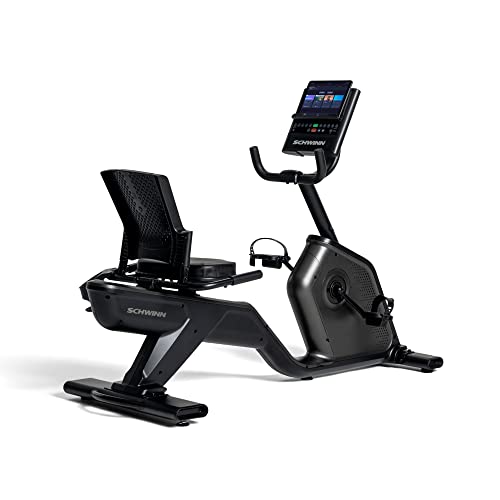What kind of frame? There weren't many fully chrome frames (except in bmx). Many old school road bikes had chrome stays about 1/2 way up. Some Spaceliners were full chrome (poorly done) but have so many nooks it would very hard to remove.
Chrome over steel directly vs triple plate?
Triple plate is 3 layers: copper : nickel : chromium . Typical on many old Schwinns. The copper is meant to fill in the pits to make smooth surface. Good triple plate involves polishing each layer. When it starts to rust, it forms tiny pin holes and the rust erupts and spreads over the surface. 99% of what is visible is just sitting on the surface. Will often clean up well. The best chrome product was Chrome Glo but they stopped shipping a couple years ago. The wd-40 & aluminum foil will scratch the surface and leave countless mini scratches. Steel wool will leave bits of steel wool behind that will rust very vast. Brass or copper wool won't do that. Car wax as a final layer will seal the pin holes so the rust won't return. I've tried to clear coat chrome but it never comes out well. I you can see the clear, you used way too much.
The cheaper method of chrome directly on steel was used on cheaper bikes like AMF, Murray, etc. Tends to rust and flake off. I've used emery cloth to take much of it off. Beware that the small flakes of chrome are razor blade sharp so wear heavy gloves and face protection. I have a large bench grinder with a wire brush wheel (and cloth buffer) that I have taken poor chrome off with. Works for parts, not whole frames. A good face mask is needed to keep the tiny bits of chrome out of your eyes. A roto-stripper would take chrome off but not in the corners.
A car battery charger, the right solution and anodes may work to remove the chrome electrically. But some processes will remove brass used in frame construction so it depends on how the frame was built. I went to a pro plating company to have a Schwinn frame chrome plated but they said their prep process would remove the brass. Well there are only minimal brazed joints (seat stay to seat tube & top tube to seat tube) on a electro forged schwinn frame but they still wouldn't do it.
I think chrome is harder than steel so any blasting that can remove the chrome will surely affect the steel. A big plus of blasting is it can get into the tight corners.






















































